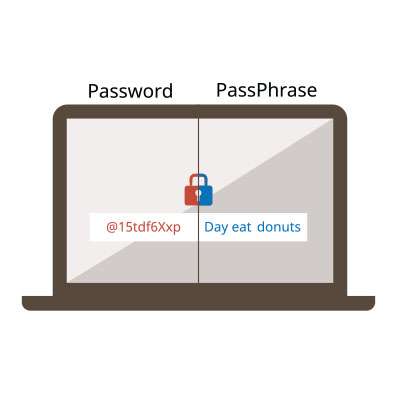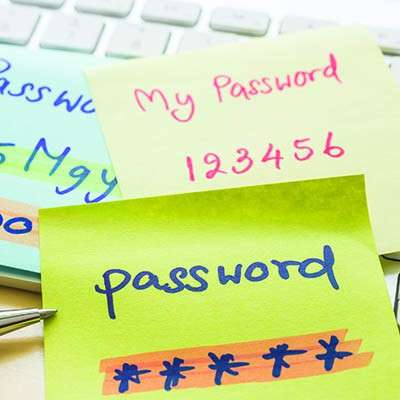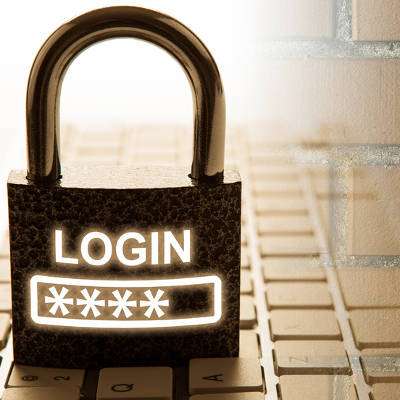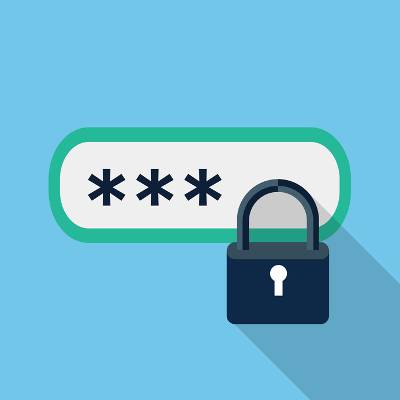Macro Systems Blog
Passwords play a pivotal role in safeguarding an organization's cybersecurity, acting as a vital tool for employees that surpasses the risks of relying on their own memory. Below we delve into the pros and cons of employing password managers to fortify the protection of company-owned digital assets.
Do you have different passwords for all of your accounts? Are these passwords adequately complex? Chances are you have used a repeating password at some point. Remembering 25 different logins for 25 different applications is hard enough, so it’s not surprising that most people will use the same password for many applications. Bad password practices are all too ordinary. How can you fix this issue?
You may be shocked to learn that your organization is regularly under threat of being hacked. Thus, it is extremely imperative that you have an idea of how to keep unauthorized users out of your network and out of your applications. Passwords are usually the last (only) line of defense against all types of threats; you need to make them as secure as possible to alleviate the threat in any way you can. Let Macro Systems walk you through this process.
Passwords are a critical security component of any online account. In many cases, they’re the fine line of defense against the horde of threats that exist on the Internet. The problem that many users have with passwords, however, is that good passwords are difficult to remember, and on their own, aren’t necessarily the most secure option. So, how can you make passwords both easier to use and more secure?
The Windows Login Password Screen serves a valuable purpose in keeping unwanted users from accessing your PC. Although, if your computer is located in a place where unwanted users don’t typically hang out (like your home office), then the Login Screen may feel like a nuisance. In such a scenario, you can go ahead and disable the Windows Password Screen.
 Password security is a common problem that businesses that take their cybersecurity seriously have to deal with on a regular basis. Passwords need to be complex and difficult to guess, but easy to remember at the same time. Unfortunately, these two goals don’t go hand-in-hand, and as such, users often have to sacrifice one for the other. The “passpoem” is a concept born to resolve this issue, though it takes a pretty roundabout path of doing so.
Password security is a common problem that businesses that take their cybersecurity seriously have to deal with on a regular basis. Passwords need to be complex and difficult to guess, but easy to remember at the same time. Unfortunately, these two goals don’t go hand-in-hand, and as such, users often have to sacrifice one for the other. The “passpoem” is a concept born to resolve this issue, though it takes a pretty roundabout path of doing so.
 Businesses all over the world are taking advantage of two-factor authentication, causing the password’s value to depreciate over time. Passwords aren’t powerful enough to keep users safe from advanced threats. Hackers are finding ways to punch holes in even the most comprehensive security solution, forcing users to focus on improving security through other means.
Businesses all over the world are taking advantage of two-factor authentication, causing the password’s value to depreciate over time. Passwords aren’t powerful enough to keep users safe from advanced threats. Hackers are finding ways to punch holes in even the most comprehensive security solution, forcing users to focus on improving security through other means.










